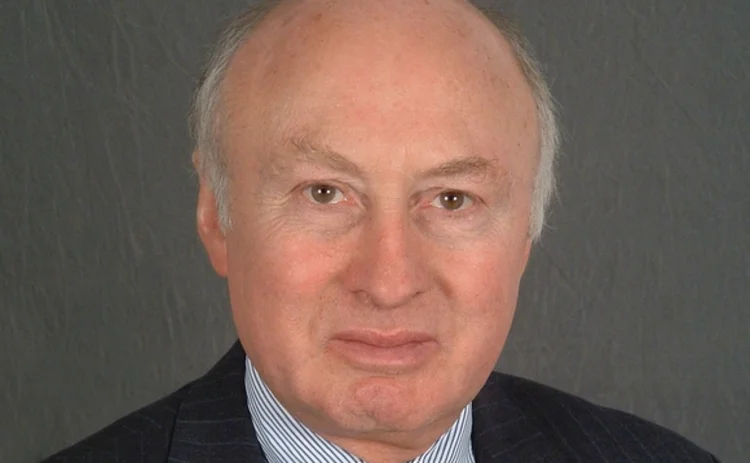
What’s wrong with QE2?

On Monday a letter, of which I was one of 23 signatories, appeared in the Wall Street Journal objecting to the Federal Open Market Committee's (FOMC) plan to buy $600 billion-worth of Treasury bonds by the middle of next year.
I shall now explain why I signed that letter.
A further round of quantitative easing is a mistake. It may achieve nothing at all - and that would be the best available outcome. But it may also cause problems in the future, or even in the present.
That may seem surprising. The United States is, after all, in a recession. And the lesson we have all learned is that when at the start of the Great Depression the Fed did not inject sufficient funds into the markets it turned what might have been just another normal downturn into the greatest depression in recorded history. So what is wrong with a liquidity injection now?
The answer is that not just is this not another Great Depression, but that it is different from that catastrophe in a very important way. Banks get into difficulties when they are short of capital or when they are short of liquidity. One shortage of course quickly leads to the other, but one or other is sufficient to trigger a banking crisis. The Great Depression was the consequence of an unalleviated shortage of liquidity. Of course there was a shortage of liquidity in the current episode, but the trigger was shortage, or feared shortage, of capital as bank assets and collateral turned out to be worth less than had been believed. That shortage has not been dealt with, and that is constraining banks and the economy. What is need is clarity about capital positions, and more capital.
Now, it may be claimed that the Fed will supply more capital by inflating asset prices. Has its move helped in that way? Well, certainly so far as government bonds go, the initial reaction at least was in the opposite direction - their prices fell as inflation fears emerged. But suppose the reaction had been benign? All that would have then been achieved would have been a purely monetary inflation of asset prices, a repetition of a major contributor to our recent problems.
Equally, the fear of deflation is misplaced. A temporary and modest fall in prices does not cause serious problems. A long lasting fall might, in an economy where fixed interest debt was common and the price decline had not been expected, but such a decline is not in prospect in the United States.
What the United States actually needs is not more liquidity, but its government to address the problems impeding US growth which the US government has caused - regulation, high marginal tax rates, and a budget deficit which no-one in the administration is even talking about getting under control. Note that the concern is not about the size of the deficit at the moment, but that on present plans it is there forever.
Finally, the consequences for the rest of the world should not be forgotten. If the policy debases the dollar, this causes serious problems for many small economies. Their goods will become much more expensive in dollar terms. Ultimately that will not matter, as US prices will in time rise and these countries will once more be able to export to the United States. But the period of transition would be painful, and not necessarily short.
To conclude, QE2 is at best an irrelevance, and could very easily turn out to be a seriously damaging mistake.
Geoffrey Wood is a professor at Cass Business School
Only users who have a paid subscription or are part of a corporate subscription are able to print or copy content.
To access these options, along with all other subscription benefits, please contact info@centralbanking.com or view our subscription options here: http://subscriptions.centralbanking.com/subscribe
You are currently unable to print this content. Please contact info@centralbanking.com to find out more.
You are currently unable to copy this content. Please contact info@centralbanking.com to find out more.
Copyright Infopro Digital Limited. All rights reserved.
You may share this content using our article tools. Printing this content is for the sole use of the Authorised User (named subscriber), as outlined in our terms and conditions - https://www.infopro-insight.com/terms-conditions/insight-subscriptions/
If you would like to purchase additional rights please email info@centralbanking.com
Copyright Infopro Digital Limited. All rights reserved.
You may share this content using our article tools. Copying this content is for the sole use of the Authorised User (named subscriber), as outlined in our terms and conditions - https://www.infopro-insight.com/terms-conditions/insight-subscriptions/
If you would like to purchase additional rights please email info@centralbanking.com
Most read
- ECB says iPhone is currently incompatible with digital euro
- Supervisors grapple with the smaller bank dilemma
- ‘Do I die, or do I survive?’ Officials reflect on Basel III complexity







